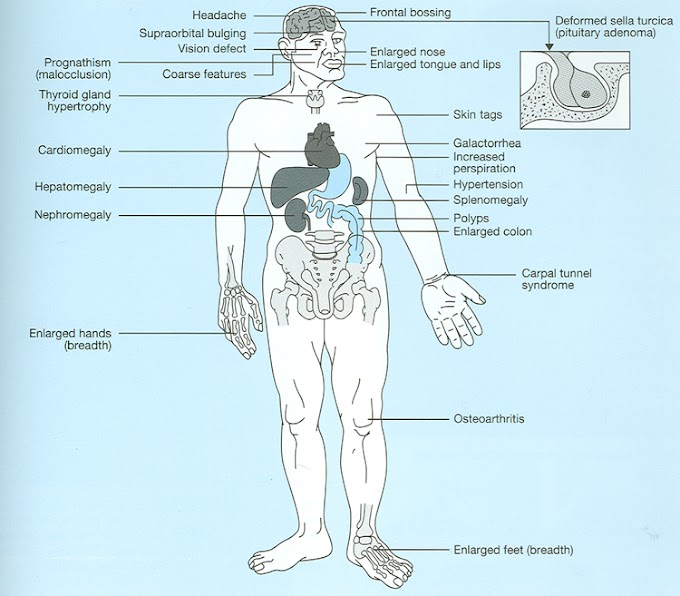Aarskog-Scott syndrome is an extremely rare genetic disorder. This syndrome causes changes in the size and shape of certain bones and cartilage in the body. The face, fingers, and toes are most often affected.
Causes
Aarskog-Scott syndrome is an inherited disorder. It is caused by a gene mutation that is passed from mothers to male children.
Risk Factors
A risk factor is something that increases your chances of getting a disease or condition. This disorder mainly affects males. Those at risk of inheriting Aarskog-Scott syndrome are male children of:
• Parents with the disorder
• Mothers who do not have the disorder but who carry the gene for it
Symptoms
The main symptoms of Aarskog-Scott syndrome are:
• Disproportionately short stature
• Abnormalities of the head and face, including:
- Rounded face
- Wide-set eyes
- Slightly slanted eyes
- Drooping eyelids
- Small nose
- Front facing nostrils
- Mid portion of the face is underdeveloped
- Wide groove above the upper lip
- Crease below the lower lip
- Folding of the top portion of the ear
- Delayed growth of the teeth
- In some cases, cleft lip or palate
• A malformed scrotum
• Un-descended testicles
• Small, wide hands and feet
• Short fingers and toes
• In some cases, mild webbing of fingers and toes
• Abnormalities of the sternum
• Protruding navel
• Inguinal hernias
• Ligament problems, resulting in hyperextension of the knees
• Mild mental deficiencies (in about one-third of those affected)
Diagnosis
The doctor will ask about your symptoms and medical history and perform a physical exam. The diagnosis of Aarskog-Scott syndrome is usually based on facial characteristics. The diagnosis can be confirmed by x-rays of the face and skull.
Treatment
There is no known cure for Aarskog-Scott syndrome. Treatment is limited to surgical procedures to treat conditions caused by the disorder and supportive treatment. Orthodontic treatment is often needed as well.
Treatment may include:
Surgery
Conditions that may be treated with surgery include:
• Inguinal hernia
• Cleft lip or palate
• Un-descended testicles
Orthodontics
In some cases, orthodontic treatment may help certain facial and dental abnormalities caused by the disorder.
Supportive Treatment
Supportive treatment generally includes educational assistance to those afflicted with mental deficiencies. Parents often need advice and supportive treatment.
Prevention
There is no known way to prevent Aarskog-Scott syndrome. If you have Aarskog-Scott syndrome or have a family history of the disorder, you can talk with a genetic counselor when deciding to have children.



0 Comments